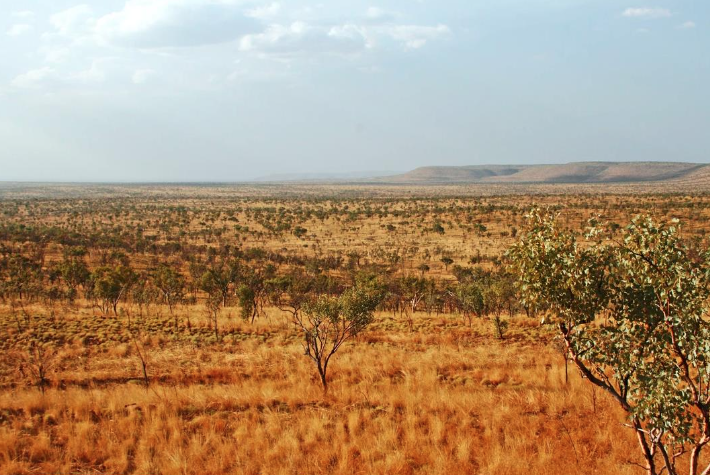EWB Australia partners with organisations that align with us in their commitment to positively contributing to the Sustainable Development Goals. One of these is Epiroc, a leading productivity partner for the mining, infrastructure and natural resources industries. Their partnership with EWB focuses on SDG 6: Clean Water and Sanitation, and how this can be enabled for remote Aboriginal and Torres Strait Islander communities.
Epiroc was founded in Stockholm, Sweden, and its employees support and collaborate with customers in more than 150 countries. They invest in cutting-edge technology to develop and produce innovative drill rigs, rock excavation and construction equipment. Together with Atlas Copco Australia, Epiroc Australia is proud to partner with EWB to support our Engineering on Country program. Epiroc’s partnership with EWB aligned with the organisation’s community investment ethos and priorities.
Sustainability and corporate responsibility are integrated in Epiroc’s customer offerings and business processes, essential for tackling future challenges and to embrace possibilities in a rapidly changing world. With 2030 sustainability targets, Epiroc is committed to contributing to making a sustainable, positive impact to the communities in proximity to their operations across the globe.
Epiroc’s key community engagement initiative is its “Water for All” program, which supports its staff to contribute to projects that enable long-term access to clean drinking water, for people in need. Its founding principle is that “clean water is a human right”.
EWB is currently partnering with Epiroc to implement a Water Sanitation and Hygiene (WASH) project in the Kimberley region of Western Australia. In consultation with community stakeholders, a strong need was identified for permanent ranger WASH facilities on the site, as well as female ranger accommodation.
This project will provide community members access to sanitation and hygiene facilities which will enable them to further their sustainable land management practices, provide local training and employment opportunities, enable local Aboriginal enterprise development and enable the community to meet their aspirations of living on Country and caring for Country.


